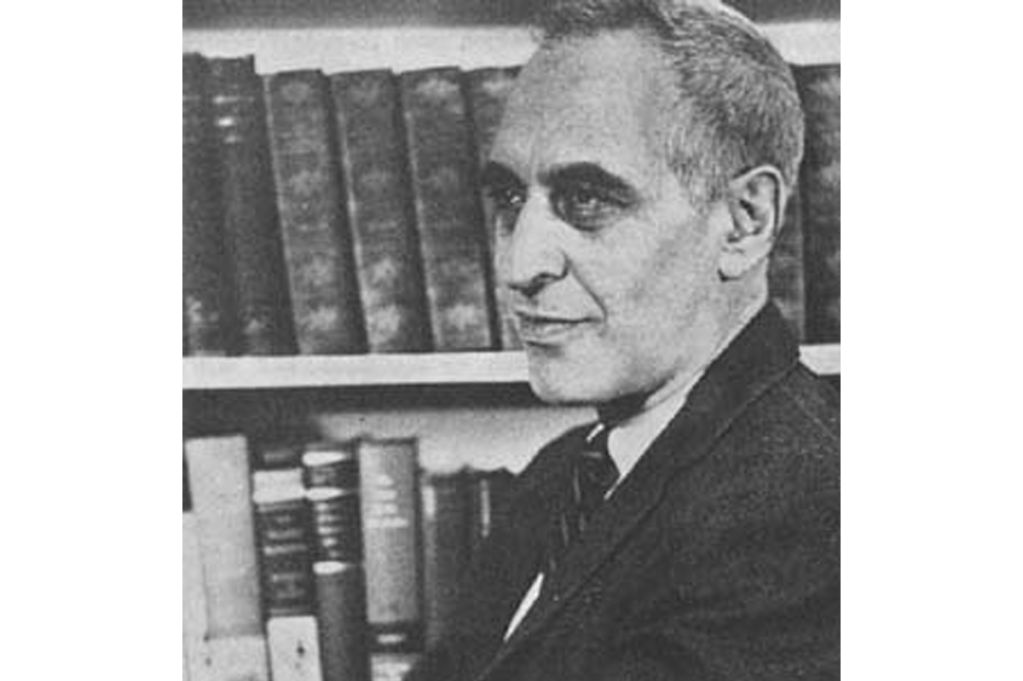To suggest that the American conservative philosophy of fusionism was a mistake is often to betray one’s confusion about the term. Misconceptions notwithstanding, “fusionism” was never meant to refer to an alliance of convenience between disparate groups (religious traditionalists and economic libertarians, say). Instead it was a nickname, bestowed by L. Brent Bozell, Jr., for the philosophical synthesis advanced by his friend and intellectual adversary Frank Meyer in the 1950s and 1960s.
Meyer’s synthesis had a few parts. Normatively, he said that both Judeo-Christian virtue and freedom from coercion (whether carried out by a bandit or by an agent of the state) are goods to be cherished and protected. Positively, he observed that they need each other: Freedom “is a necessary political condition of a virtuous society,” he wrote, while at the same time, “free individualism uninformed by moral value rots at its core and soon brings about conditions that pave the way for surrender to tyranny.”
Historically, Meyer noted that the American founding was rooted in these dual commitments to individual liberty and traditional moral authority; thus, to be a faithful conservative in the American context necessarily means working to preserve them. Practically he argued that the best way to organize a society so as to preserve freedom and virtue is by tasking government with the defense of people’s basic rights — nothing more — and by tasking the people, thus freed, with responsibility for pursuing the higher things in life.
By returning to its roots, we can see that fusionism is a synthesis of freedom and virtue — and that rejecting fusionism is likely to involve an implicit rejection of one or the other. Indeed, individual liberty itself seems to have lost its luster for some new proponents of muscular government on the political right, the more honest of whom have ceased to identify as conservatives at all. Since the left has abandoned any pretense of caring about our rights, these “post-liberals” insist, we have no choice but to do the same to them. (At least they’re forthright about what the anti-fusionist project truly entails!)
But Meyer knew what the post-liberals have forgotten: that “the power of the state rests in the hands of men as subject to the effects of original sin as those they govern.” Entrusting government to do anything more than protect basic rights — and empowering it, in the extreme case, to impose its vision of the good on all of society — throws open the door to potentially catastrophic abuse. Power corrupts, and humans are corruptible. Fighting fire with fire is still playing with fire.
Stephanie Slade is a senior editor at Reason magazine. This article is one excerpt from “Fight for the right,” a symposium on the future of American conservatism. Read the full series here.

























